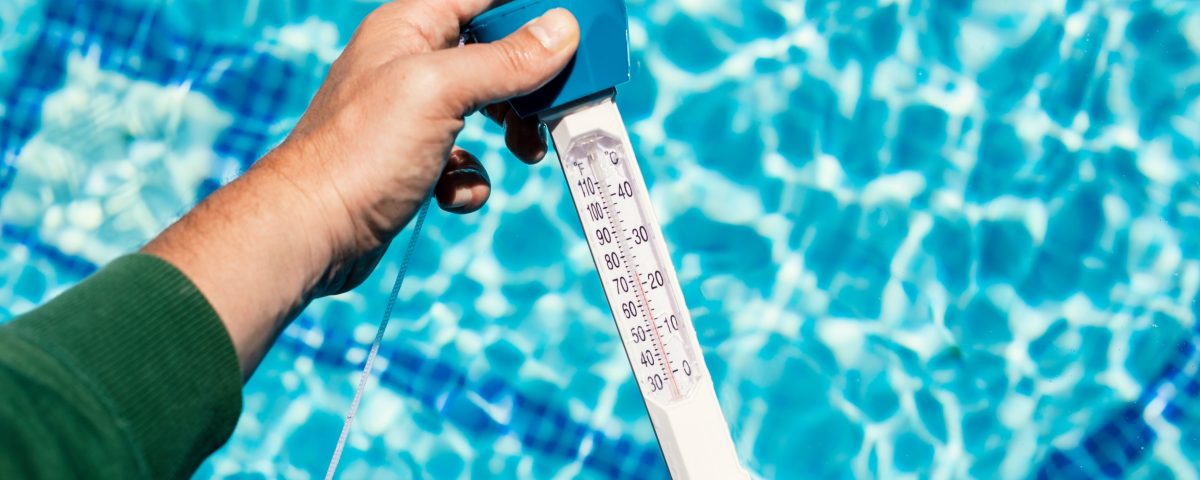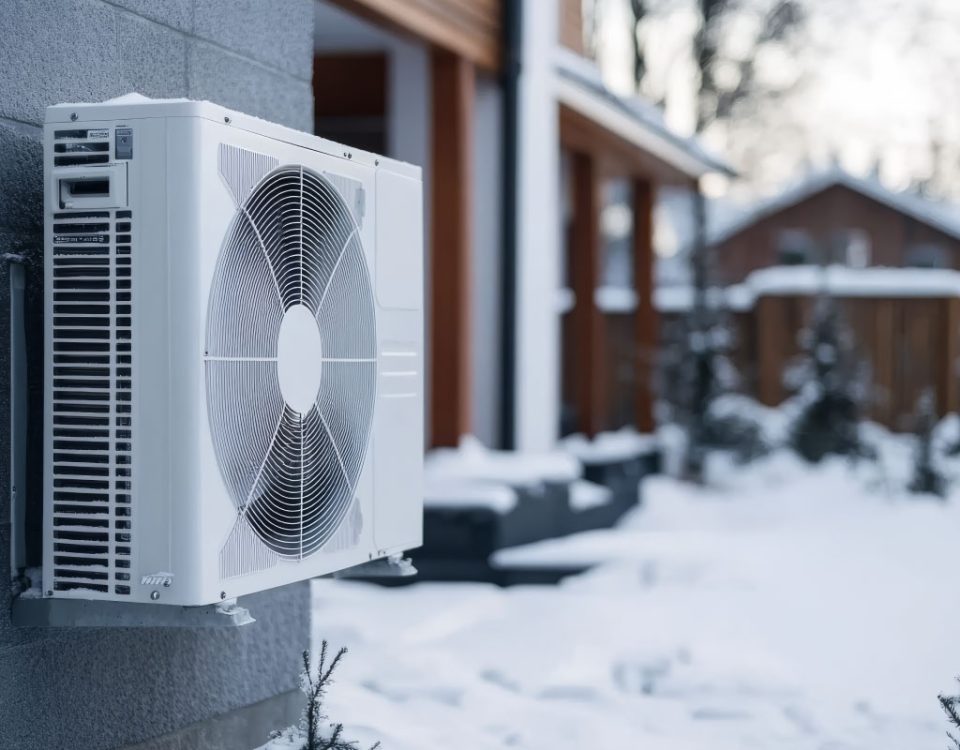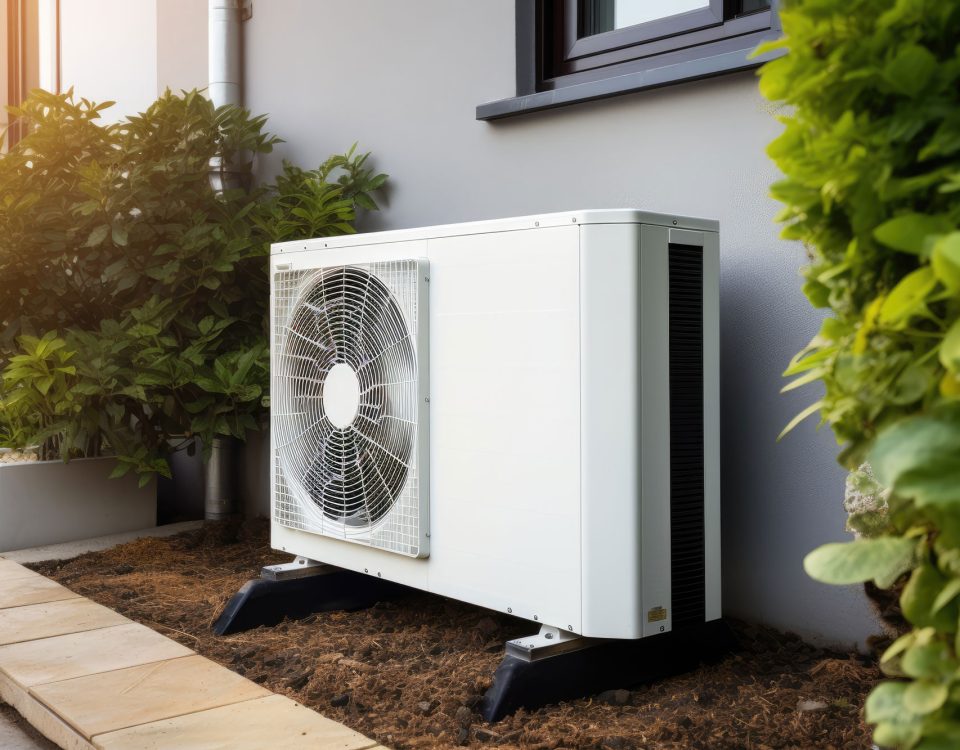Discover the Secret to a Warm, Inviting & Efficient Pool: The Ultimate Pool Heater Guide!
As summer approaches and the temperature rises, there’s nothing quite as refreshing as taking a dip in your swimming pool. However, cooler Canadian summer days and evenings can make the water too chilly for a comfortable swim. That’s where a pool heater comes to the rescue!
In this comprehensive guide, we’ll answer some common questions about pool heaters and provide you with valuable insights on how to make the most of this essential piece of equipment.
How Does a Pool Heater Work?
A pool heater is designed to raise the water temperature in your pool, allowing you to enjoy comfortable swimming conditions. Most pool heaters utilize one of three primary heating methods: gas, electric, or heat pumps.
- Gas Heaters: These heaters burn natural gas or propane to generate heat, which is transferred to the pool water. They are quick to warm up the water but tend to be less energy-efficient than other options.
- Electric Heaters: Electric heaters use an electrical element to generate heat, which is then transferred to the pool water. They are often more expensive to operate but are suitable for smaller pools and are relatively easy to install.
- Heat Pumps: Heat pumps extract heat from the surrounding air and transfer it to the pool water. They are energy-efficient but may take longer to heat the water. Heat pumps are suitable for most pool sizes and provide cost-effective heating over time.
What is the Most Effective Way to Use a Pool Heater?
To maximize the effectiveness of your pool heater and ensure optimal heating and the perfect temperature for a dip, consider the following tips:
- Invest in a pool cover: Using a pool cover when the pool is not in use helps to retain heat and reduce heat loss through evaporation, thereby minimizing the workload on your pool heater.
- Maintain proper insulation: Adequate insulation around your pool can prevent heat loss, ensuring that the heater operates efficiently.
- Optimize heating time: Plan your pool heating schedule based on your usage patterns. It’s recommended to set the heater to run during off-peak energy hours to save costs.
- Consider a pool temperature controller: These devices allow you to set and maintain the desired water temperature automatically, ensuring efficient operation and avoiding unnecessary energy consumption.
How Big of a Pool Heater Do I Need?
Choosing the right size of pool heater depends on several factors, including the size of your pool, desired water temperature, and the ambient temperature of your region. Here’s a general guideline to help you determine the heater size:
- Calculate pool surface area: Measure the length and width of your pool and multiply them to obtain the surface area.
- Determine the desired temperature rise: Subtract the desired pool temperature from the average ambient temperature during the coldest month you plan to use your pool.
- Consider heat loss factors: Account for heat loss due to evaporation, wind, and pool location (e.g., if it’s in a shaded area).
- Consult a professional: It’s recommended to consult a pool heater expert (like Crystal Heating & Cooling) who can help you choose the appropriate size based on your specific requirements.
Your pool is a long-term investment that you, your family and friends enjoy year after year. Find pool heaters from top brands including Raypak/Rheem, Hayward and Pentair and experience a refreshing and relaxing summer for an affordable price. Offering only the highest energy-efficient pool heaters, Crystal wants to prepare you for your best summer yet! Contact us today at 519-756-6888 to discuss which pool heater is the best fit for you.
PS: Want to save on your new pool heater? We offer up to a $150 rebate when you trade in your old pool heater*.
*Must be able to take the rating plate off the old heater to qualify.






